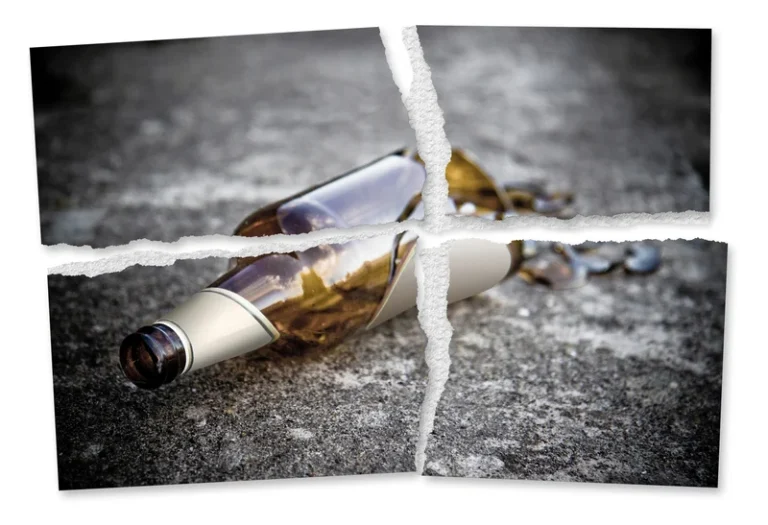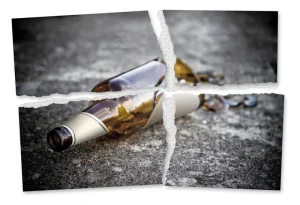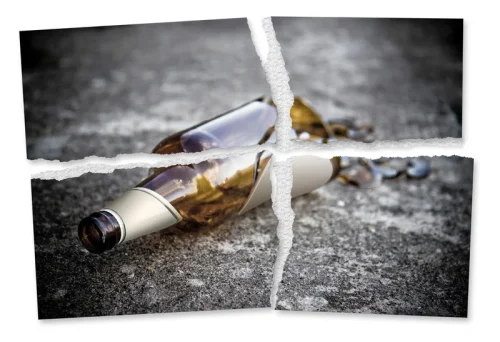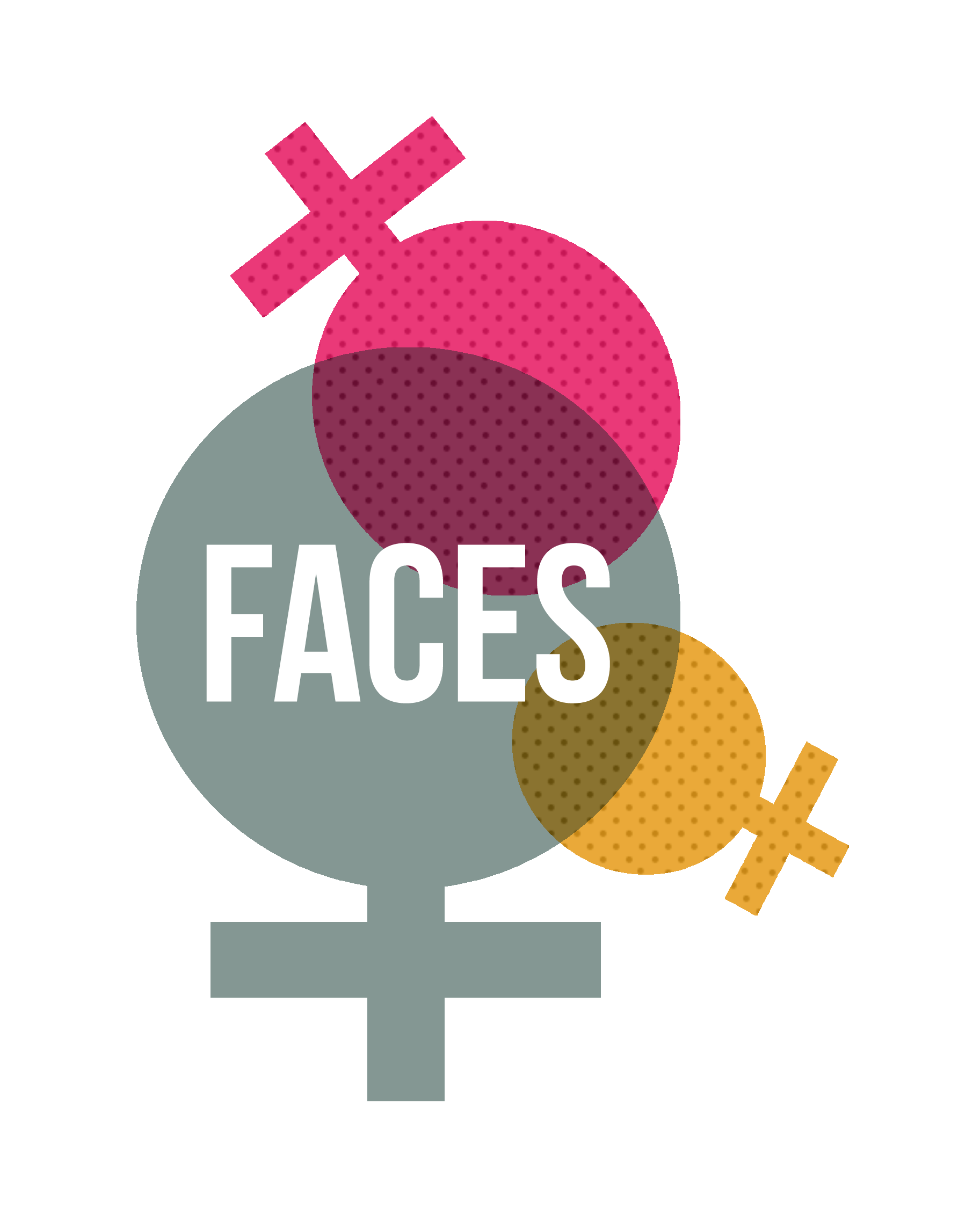
If you’re allergic to alcohol, you may experience hives, itching, swelling, difficulty breathing, and wheezing. If you experience these symptoms sneezing after drinking alcohol, you must see a doctor as you may need to be treated for an allergy. This article provides clarity by explaining the key differences between alcohol intolerance and alcohol allergy. If you find yourself sneezing after consuming specific alcoholic beverages, the culprit could be an allergy to certain ingredients in those drinks.
Can beer cause a histamine reaction?
Occasionally, a doctor may ask a person to consume alcohol in a medical setting and observe any reactions or symptoms. If someone experiences a severe allergic reaction, they should go to the emergency room immediately. Make sure you avoid alcohol intake with any other medications, as there can be interaction between the two. This too, can trigger allergic reactions causing stuffy nose when you drink alcohol. It can also cause more serious problems, requiring immediate medical help.

Supplements That Can Help With Alcohol Intolerance

Dilated blood vessels can cause inflammation and swelling in the nasal passages. In some people, drinking alcohol may also trigger an allergic reaction, which can cause sneezing and other symptoms. As a result, their bodies produce inactive ALDH enzymes that are unable to properly break down the alcohol into acetic vinegar. Beer contains histamines, which are produced by yeast and bacteria during the fermentation process.

Wheezing
This happens because body is not able to tolerate the alcohol which circulates in blood. Additionally, the preservatives used in alcohol too can be harsh on your stomach, increasing the chances of allergic reactions causing stuffy nose or sinus congestion. People with a beer allergy will likely experience symptoms similar to other allergic reactions, such as abdominal pain, bloating, and chest tightness. These symptoms can occur soon after consuming beer or take a little longer to appear. It is important to note that a food allergy is the immune system’s response to a food protein that the body perceives as harmful. In contrast, a food intolerance or sensitivity, which is more common, involves the digestive system and typically presents less severe symptoms, such as digestive problems.

Why drinking alcohol will make your hay fever worse – Cosmopolitan UK
While it may be more common than you think, it can be a sign of a mild allergic Alcoholics Anonymous reaction to alcohol. In rare cases, sneezing triggered by alcohol could be a symptom of an underlying medical condition, such as gustatory rhinitis or trigeminal nerve dysfunction. If sneezing persists or is accompanied by other concerning symptoms, consult a healthcare provider. Individuals may find that certain types of alcohol, such as wine or beer, trigger sneezing more frequently than others.

Watch out for other signs like fever, gastric upset or dizziness, in which case you need medical help. If stuffy nose is accompanied with bleeding form nose, consult your physician immediately. It’s not hard to imagine that experiencing a pounding headache after a pint of beer can really detract from enjoying your night sneezing after drinking alcohol out with friends. The floaties are perfectly safe to consume, although it can sometimes mean that a beer is too old (old beer sediment looks like dandruff — avoid at all costs). No, alcohol-induced sneezing and alcohol flush reaction are two distinct phenomena.
- Ginseng, echinacea, vitamin C, and vitamin D supplementation have not been shown to be effective as remedies for colds.
- Instead of whiskey, consider warm water or herbal tea with lemon and honey.
- Some people with Hodgkin’s lymphoma experience pain after drinking alcohol.
- Alcohol-induced sneezing is a peculiar phenomenon that affects a small percentage of individuals.
This is likely because wine contains histamines, which trigger allergies. In conclusion, the exact reasons behind why some people sneeze after drinking alcohol are not definitively known. The most commonly proposed explanations include congestion, allergies, nerve stimulation, and genetic factors. If this phenomenon causes significant distress or worsens over time, it is recommended to consult with a healthcare professional to rule out any underlying issues. Histamine intolerance or sensitivity can make it difficult for the body to metabolize the histamines found in beer. As a result, the histamines can accumulate and trigger allergic symptoms.
- The amount of alcohol consumed does not necessarily correlate with the likelihood of sneezing.
- Different beer brands use varying ingredients and brewing methods, potentially leading to different reactions in individuals.
- This happens because body is not able to tolerate the alcohol which circulates in blood.
- The most likely explanation is that alcohol dilates blood vessels in the nose, which can cause irritation and lead to sneezing.
- Firstly, some people have lower levels of the enzymes required to break down alcohol, leading to a buildup of byproducts that can trigger a mild allergic reaction.
Researchers estimate that 8% of the world’s population has a defective ALDH2 gene. People of Korean, Japanese, or Chinese descent are more prone to this genetic defect than people of other ethnicities. Quercetin is a plant pigment that has been shown to cause sneezing in some people.
If you find that certain drinks trigger your sneezing, try switching to a different type of alcohol. For example, if wine makes you sneeze, try drinking vodka or gin instead. And if cocktails make you sneeze, try making your own with fresh fruit juices instead of pre-made mixes.
Asian Flush Research Survey – Finally some answers about Asian Flush
For many individuals, alcohol-induced sneezing is indeed temporary and subsides soon after consuming alcohol. However, if it persists or becomes a consistent reaction, seeking advice from a healthcare professional is recommended. The temperature https://ecosoberhouse.com/ of the alcohol itself is not a significant factor in inducing sneezing.

No responses yet